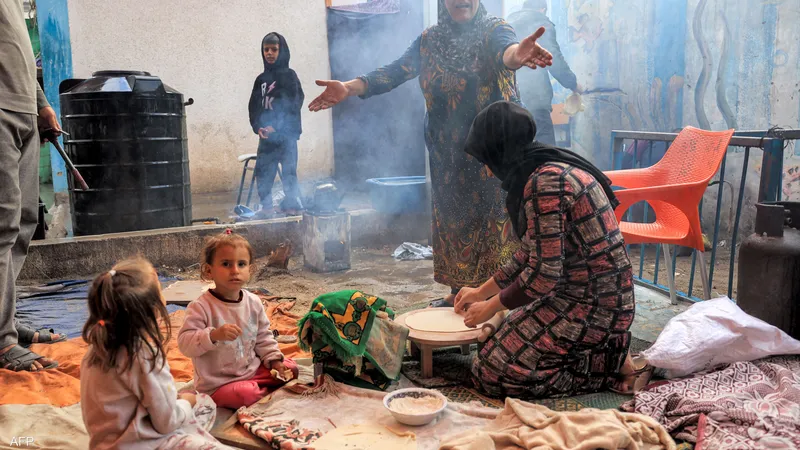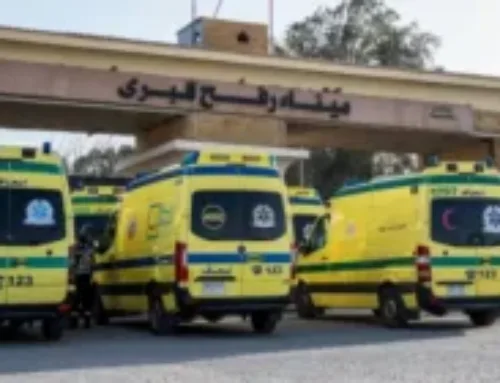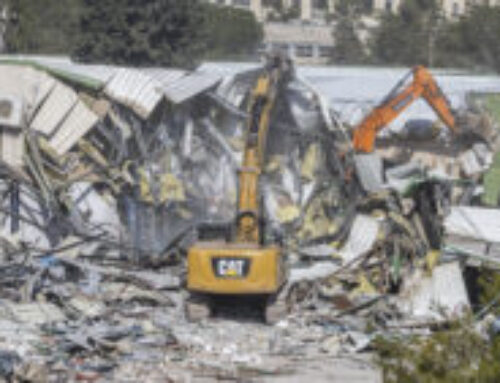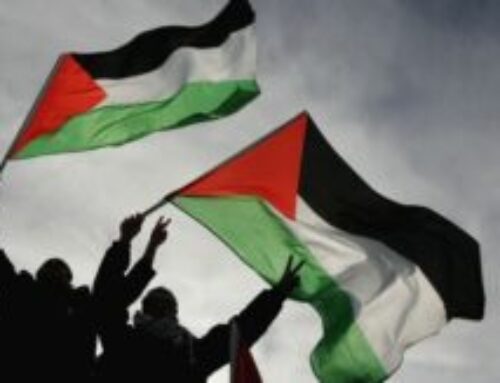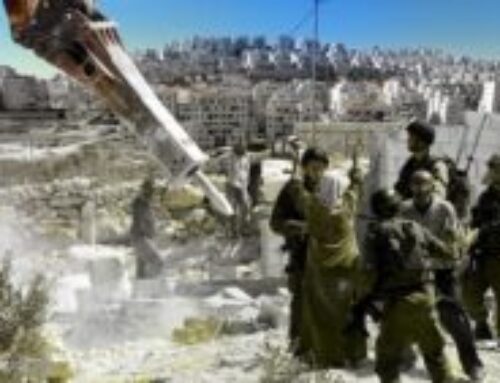History in Gaza is not written in ink, but in mud, blood, and hunger. From the rubble, in a city where ashes mix with the scent of scorched bread, a voiceless cry rises, telling the world that in this place, there are those who still fight to survive — not with weapons, but with a piece of bread.
In Gaza, famine is not merely a headline for a humanitarian crisis — it is a tragic poem written with the bodies of children and the souls of mothers. The catastrophe goes beyond hunger, beyond thirst, beyond siege. It is a slow and deliberate annihilation.
In the race of this calamity, the Director of Communications for UNRWA declared, “The current situation in Gaza resembles the horrors of Doomsday.” This was not poetic exaggeration, but a realistic account of what is unfolding in one of the most densely populated and pain-stricken corners of the earth. And with the World Food Programme recently announcing the delivery of their “final supplies to hot meal kitchens — the last source of food in Gaza,” yet another door to life is shut.
Over one million Palestinian children live below the hunger line. Gaza’s Government Media Office reported that 65,000 children have been hospitalized due to acute malnutrition. But, as the head of Gaza’s field hospitals painfully noted, “We have nothing to offer. The wounded are dying in our hands due to severe shortages in supplies and medicine.”
In the statements of relief organizations, “families feed on what they find.” But reality is far more brutal than words. UNRWA stated that families now search through rubble and the remnants of memory for anything that might keep their children breathing.
As the world rehearses its standard phrases of “deep concern” and “calls for restraint,” a UN official stepped out of the diplomatic script to say it bluntly: “Gaza is in the most dangerous phase of its humanitarian crisis.” The UN Office for the Coordination of Humanitarian Affairs went further, asserting that what is happening in Gaza is not a humanitarian crisis — it is an assault on human dignity.
Behind all of this stands the siege imposed by the usurping entity — a wall that blocks even air from passing. It is a deliberate deprivation of food, medicine, and fuel — the essentials of survival. This is not a battle against militants or weapons; it is a war against life itself.
What is happening in Gaza today is not a byproduct of war, but a terrifying chapter in the book of collective punishment, written with relentless intent. The humanitarian collapse is not collateral damage — it is a calculated policy, gnawing at the flesh of daily life.
Each denial of food is a death sentence. Every ban on medicine is a license for slow demise. The sealed roads are not just logistical barriers — they are closed arteries in a city bleeding from within. It is a war against the very notion of Palestinian existence.
As the blockade persists and no horizon for a solution appears, Gaza is left with only the memory of bread, stories of water lines, and tales of children who no longer dream of sweets or fruit — but of the bare minimum that dignity and childhood demand: a bed not beside death, a roof that does not fall.
What is happening today in Gaza is no silent tragedy. It is history written with the tears of the hungry, the patience of mothers, and the moans of the wounded. In the face of complicit silence and paralyzing indifference, Gaza continues to cry out: We are not numbers. We are people. We live. We eat. We dream. And we die… hungry.

